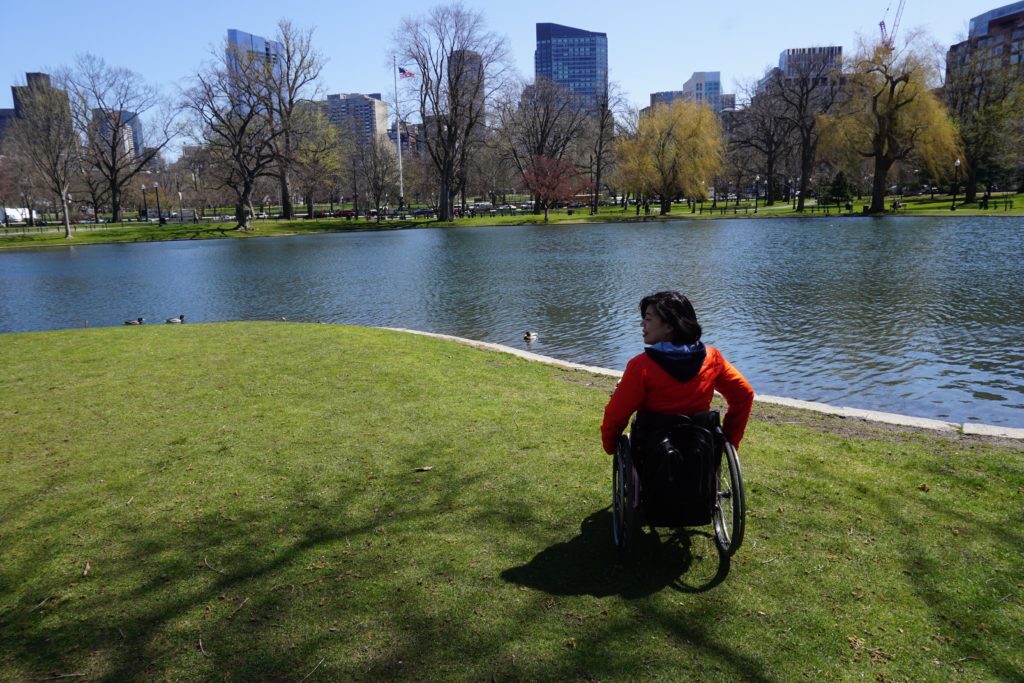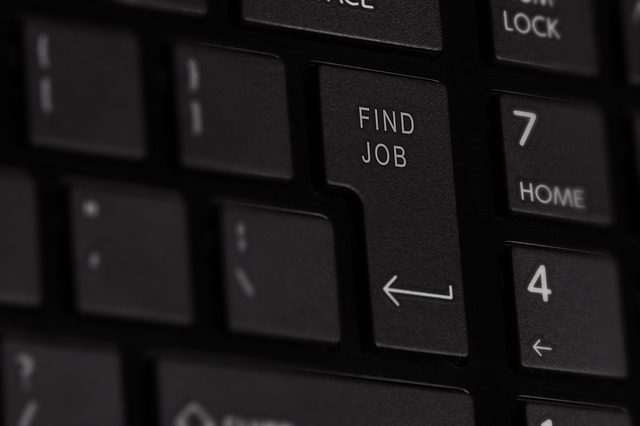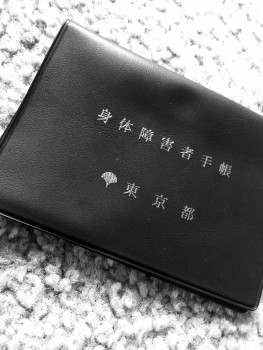This article is also available in: 日本語
*** Par 1 is here ***

The same as in Japan, many high school students in the US start working as a part-timer. However, it is not easy for students with disabilities. High school students do not have attractive educational backgrounds or professional work experience yet that they can write on their résumé or cover letter.
As I wrote in part 1, disability disclosure is optional for applicants in the US. However, for high school students who do not have job hunting experience, it is very hard to figure in what case they should disclose disabilities or not. Some parents of students with disabilities are too worried and directly contact an employer and disclose their children’s disabilities beforehand. In many cases, those students do not get a call for interview because of that.
Sarah said,
Résumé and cover letters are there to focus on our job skills. In my opinion, being a person with disabilities is not a job skill. Disability is a part of life and part of who you are, but not a job skill. So I choose not to disclose my disabilities in most of my résumé or cover letters. When I apply for a job related to people with disabilities, it is a different case because my experience as a person with disabilities would be a plus. But even in that case, I will still write as a professional skill since as I have professional experience working with people with disabilities.

I was shocked when I heard this.
Actually when I did my second job hunting, I used a general job agency website, not ones for dedicated to job seekers with disabilities. In the job agency website, I registered my educational background, work experience and skills. There was no space to write freely, so I could not write about my disability in there.
Soon I got some interview offers. At that time, I had only 2 year working experience as full-time, so I assumed that those companies were interested in my educational background, a degree from US college, and English skill which not many Japanese people have.
In Japan, there is no law which prohibits employers from asking applicants about disabilities. In my case, interviewers would notice easily my mobility disability because I am a Moon Rider (Wheelchair user). Just to make sure of the companies’ accessibility, I disclosed that ‘I use a wheelchair, but I don’t need a special support in daily life. I can work at an office which has a flat entrance and a western-style toilet. (Japanese style toilet requires strength of legs which is difficult to use for many Moon Riders)
Then, most of the companies gave me a reply saying,
We are sorry, but we are not hiring people with disabilities right now.
They refused to have an interview with me. The rest of the companies did not even reply to me.
I was very surprised how those employers changed their mind once they found out that I have a disability. I believe they were interested in me in the first place. By the experience, I didn’t want to see disrespectful reactions of companies anymore and decided to disclose my disability on my resume from the beginning. On the 3rd job hunting, I did disclose to all companies in the first place. To me, disclosing disability was very natural. However what Sarah said absolutely got the point, and made me remember how a resume and cover letter should be.

In Japan, each person with disabilities has a special ID for people with disabilities which includes the name and level of disability and personal information such as your name, birthday, address. Japanese people with disabilities always carry this ID with them. To American people, however, it looks very strange. They say “Why do you carry an ID to prove your disability?”
Especially because American people do not like to label a person (*1), they cannot believe that Japanese people carry the ID which is just like labeling “I am a disabled person” by themselves. At Boston Center for Independent Living, I was told that “We are glad that we don’t have that ID system in the US.”
In Japanese society, disclosing disability in job interview and carrying the ID for persons with disabilities are required. I would not say that US is good and Japan is bad. I am sure some Japanese people get benefits because of the system. However, because of the system, a great deal of conscious or unconscious discrimination exist in this society, I think. How do you think of this? Do you think disability disclosure and the ID are necessary in Japan?
*1 Label Jars, Not People:It’s okay to put a description on a jar so you know what’s inside, but it’s not okay to judge people by attaching a label based on how they look because you don’t really know what kind of people they are.
